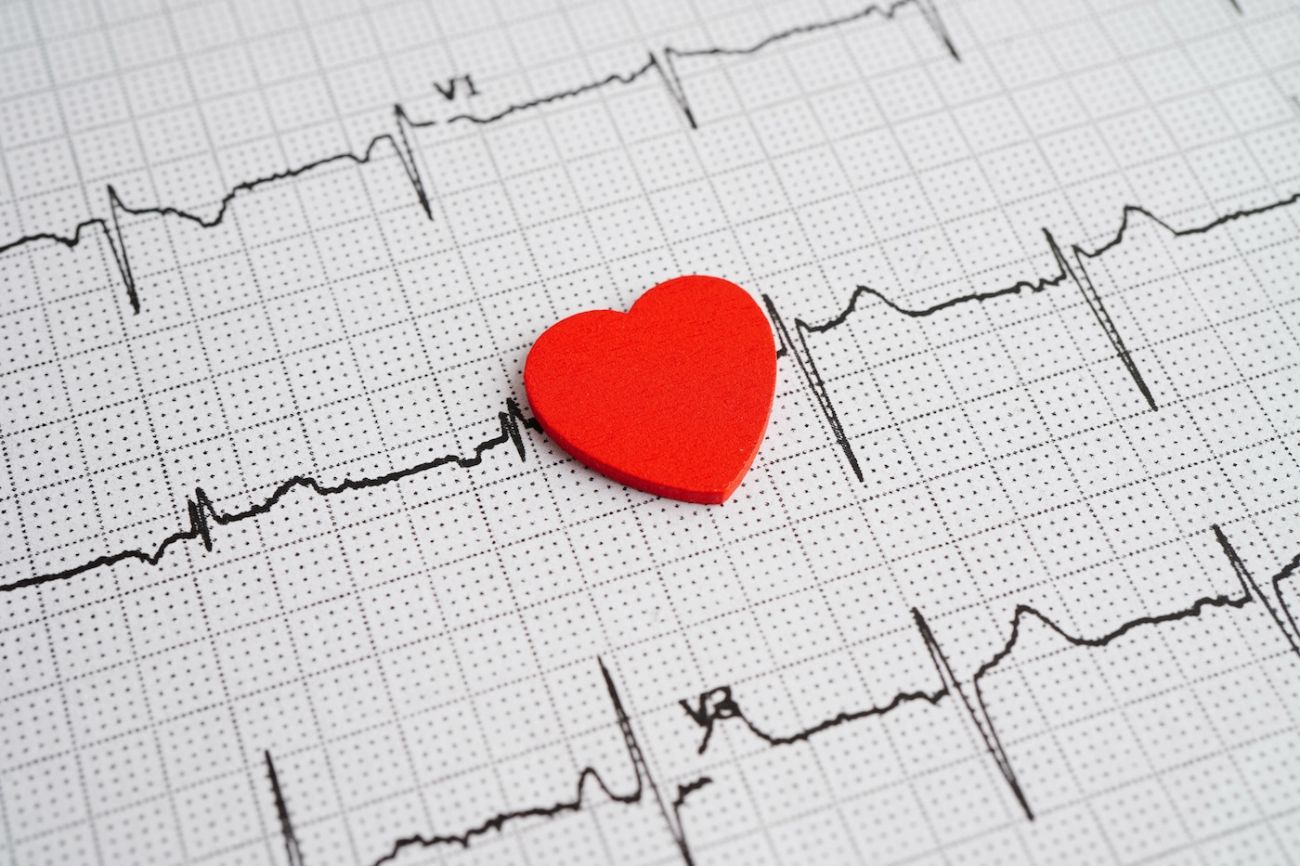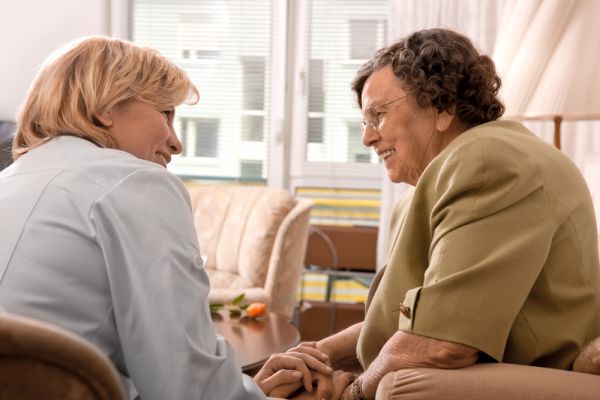If you have coronary artery disease, congestive heart failure, atrial fibrillation or any other heart condition, what does this mean for you if you have cancer? It means you should seek a consultation with a cardio-oncologist. Cardio-Oncology—cardiology care of the cancer patient—is an emerging field of growing importance. Because heart disease may limit or otherwise impact cancer treatments, and because cancer and its treatments may affect the heart, the oncologist and cardio-oncologist must work together to provide optimal care for both conditions. The need for cardio-oncologists has grown rapidly over the past decade, in large part due to improved treatment of both conditions—patients with one condition often live long enough to develop the other.
When a cancer patient has heart disease
For patients with preexisting heart disease, we take proactive steps to detect, monitor and treat cardiac conditions throughout a patient’s treatment. We provide preoperative cardiac evaluation and clearance for our surgical patients, and make every effort to ensure our patients are able to safely undergo surgery. Rarely, some patients require procedures such as coronary stenting or even coronary bypass surgery prior to their cancer surgery. Because time is of the essence, we resort to this only in extreme circumstances.
Cancer treatment may impact the heart
We know that cancer treatment can take a toll on the heart. Some chemotherapy agents can cause congestive heart failure, and many others can lead to a variety of cardiovascular problems, such as hypertension, arrhythmia, and autonomic neuropathy. A recently developed class of immunotherapy drugs, called checkpoint inhibitors, may pose a risk for potentially fatal inflammation of the heart muscle. Our Cardio-Oncology and Medical Oncology departments are collaborating to develop a protocol to screen, monitor and urgently treat this potential side effect.
Never miss another Cancer Talk blog!
Sign up to receive our monthly Cancer Talk e-newsletter.
Late-term side effects of cancer treatment
Cancer survivors may also develop cardiovascular conditions years later as a result of their treatments. Radiation therapy to nearby organs may lead to late side effects such as premature coronary artery disease, valvular disease, pericardial disease and cardiac rhythm disturbances. We currently follow survivors of childhood cancer and adults who received cardiotoxic chemotherapy or chest radiation, and Roswell Park is developing a robust survivorship program to help address these problems.
The work of the cardio-oncologist involves caring for common cardiac problems, not directly related to cancer or its treatment. These include preexisting coronary artery disease, congestive heart failure, atrial fibrillation and valvular disease. How we approach these problems is often affected by the nuances of a patient’s cancer status and prognosis. Most importantly, the cardio-oncologist works with the medical and surgical oncologists as well as nurse practitioners, physician assistants, and nurses to provide the best possible comprehensive care for our patients.

